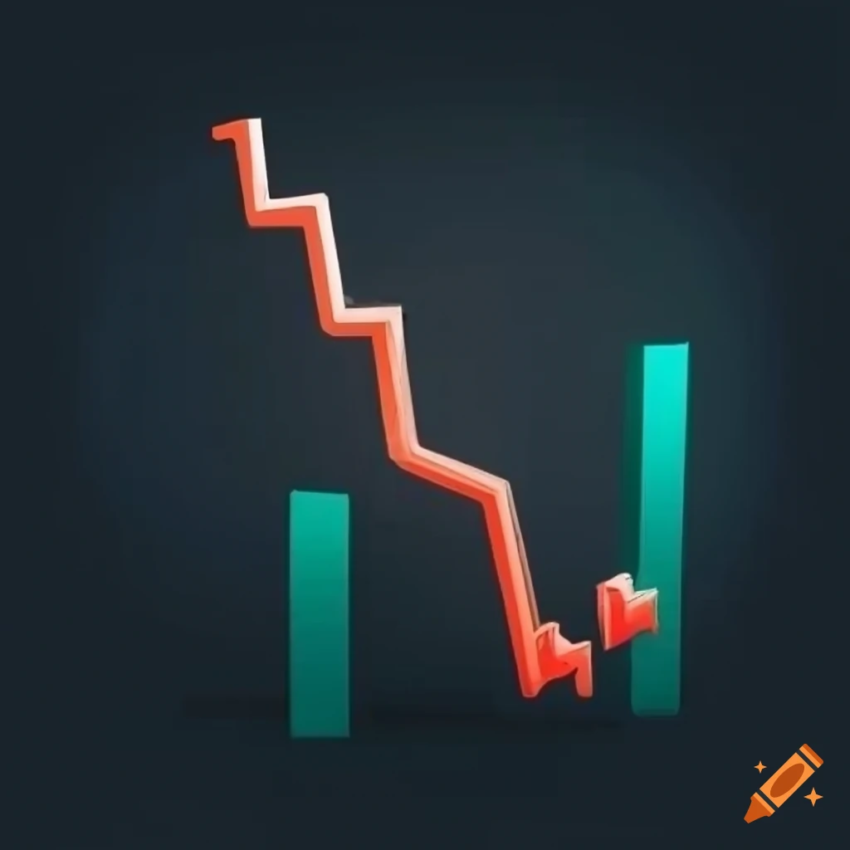If you live in Canada, you are likely investing in one of two stock exchanges; the Toronto Stock Exchange(TSX) and the TSX Venture.
The TSX is the big one. On the TSX, you can choose from over 1800 stocks and index funds from a variety issuers. The TSX is the exchange where you should be purchasing funds to achieve financial independence. The best option for most people is to choose a low cost index fund from Vanguard, iShares, BMO, or Horizons.
Some people want investing to be exciting. When you hear investing and exciting in the same sentence, that usually involves higher risk. High risk investing has another word for it……gambling.
Most retail investors believe at some point that they can beat market returns because they have access to information through stock message boards and Twitter. They might be right, but they are probably wrong. On your journey to believing you can beat the market, you may find your way to the TSX Venture Exchange.
What is the TSX Venture Exchange?
The TSX Venture Exchange is a market maker which matches small cap companies with investors. Think of it like Kijiji, but all the money flows through exchange.
Companies list their shares on the TSX Venture because they want to raise money for their company. The companies that list on the TSX Venture are often not profitable and are looking for cash to keep the company alive until a miracle can happen.
Another word for the TSX Venture is a Penny Exchange. The majority of stocks listed on the TSX Venture are penny stocks, which can be defined as a risky stock priced at less than one dollar.
Words like growth stocks and huge returns are associated with stocks on the TSX Venture Exchange. While it is true that companies on the TSX Venture have growth opportunities, they also have a high probability of getting delisted and going out of business. Take it from me, you can lose 100% of your investment in penny stocks.
Penny Stocks are illiquid

The majority of stocks on the TSX Venture are illiquid, which means that they are difficult to sell at a fair price. The reason they are difficult to sell at a fair price is because so few shares are being traded. On larger stock exchanges, companies that trade millions of shares a day are said to be liquid. Those shares are easy to buy and sell at a fair price.
Stocks on the TSX Venture are Volatile

Penny stocks are influenced by news stories that may or may not be true. Companies may also deliberately leak false information to drive up the stock price and keep investors interested. Because they are valued in cents, a penny change in price, can cause a stock to rise or fall sharply.
For example, a stock valued at $0.04 and rises to $0.05 has increased 25%.
Penny Stocks have High Bid/Ask Spreads

Every stock or ETF has a bid/ask spread. The bid is the highest price a buyer is willing to pay. The ask is the lowest prices a seller is willing to sell.
The TSX Venture makes money on this spread because the bid and ask prices are not the same. Like all market makers (stock exchanges), they buy from the seller using the bid price and sell to the buyer using the sell price. The spread is their commission and how they make their money.
Stocks listed on the TSX venture have high bid/ask spreads.
The bid represents the demand and the ask represents the supply.
So both the buyer and the seller pay a hefty commission on the spread.
That’s why when you buy a penny stock your account immediately shows a loss because you paid more than the stock was worth.

In the infographic above, the exchange makes $2 on the transaction of one share.
Wrap Up and Take Away
Don’t try to get rich quick by risking your hard earned money on penny stocks. While the road to financial independence may seem long when you start, your investments will be begin to grow and compound if they are invested in broad based index funds.
It’s tempting to jump on bandwagons when you see other people getting rich quick. But fast gains are usually followed by fast losses. Be patient and stay the course. You won’t regret it.
